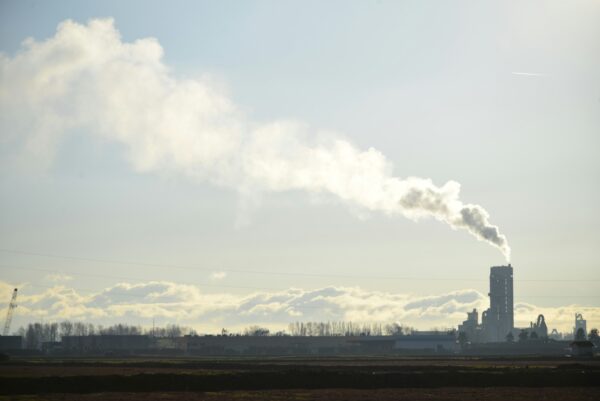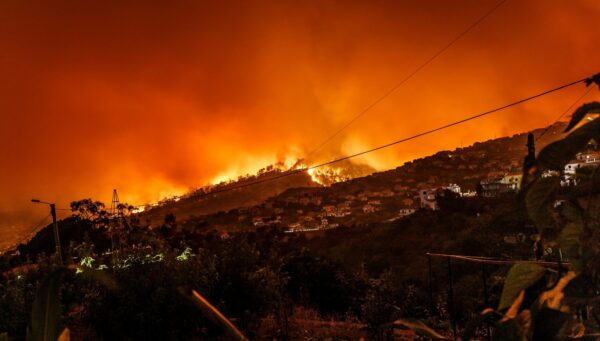Intergenerational inequities in exposure to climate extremes
Authors
Wim Thiery, Stefan Lange, Joeri Rogelj, Carl-Friedrich Schleussner, Lukas Gudmundsson, Sonia Seneviratne, Marina Andrijevic, Katja Frieler, Kerry Emanuel, Tobias Geiger, David Bresch, Fang Zhao, Sven Willner, Matthias Büchner, Jan Volkholz, Nico Bauer, Jinfeng Chang, Philippe Ciais, Marie Dury, Louis François, Manolis Grillakis, Simon Gosling, Naota Hanasaki, Thomas Hickler, Veronika Huber, Akihiko Ito, Jonas Jägermeyr, Nikolay Khabarov, Aristeidis Koutroulis, Wenfeng Liu, Wolfgang Lutz, Matthias Mengel, Christoph Müller, Sebastian Ostberg, Christopher Reyer, Tobias Stacke, Yoshihide Wada
Share

New paper finds that children are to face disproportionate increases in lifetime extreme event exposure – especially in low-income countries.
Under continued global warming, extreme events such as heat waves will continue to rise in frequency, intensity, duration, and spatial extent over the next decades. Younger generations are therefore expected to face more such events across their lifetimes compared with older generations. This raises important issues of solidarity and fairness across generations hat have fuelled a surge of climate protests led by young people in recent years and that underpin issues of intergenerational equity raised in recent climate litigation.
However, the standard scientific paradigm is to assess climate change in discrete time windows or at discrete levels of warming, a “period” approach that inhibits quantification of how much more extreme events a particular generation will experience over its lifetime compared with another. By developing a “cohort” perspective to quantify changes in lifetime exposure to climate extremes and compare across generations (see the first figure), we estimate that children born in 2020 will experience a two- to sevenfold increase in extreme events, particularly heat waves, compared with people born in 1960, under current climate policy pledges.
Our results highlight a severe threat to the safety of young generations and call for drastic emission reductions to safeguard their future.











